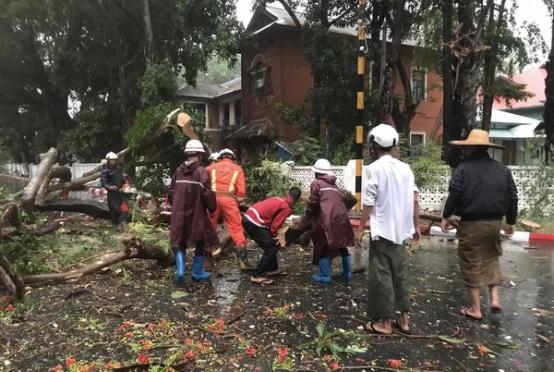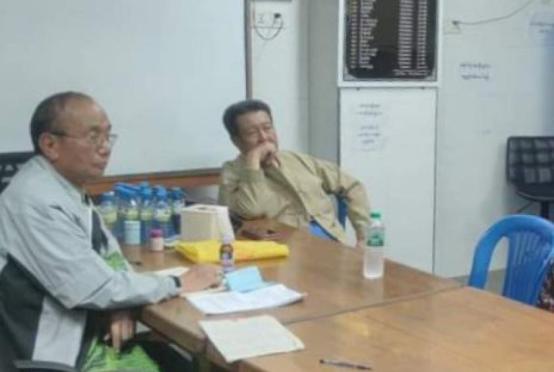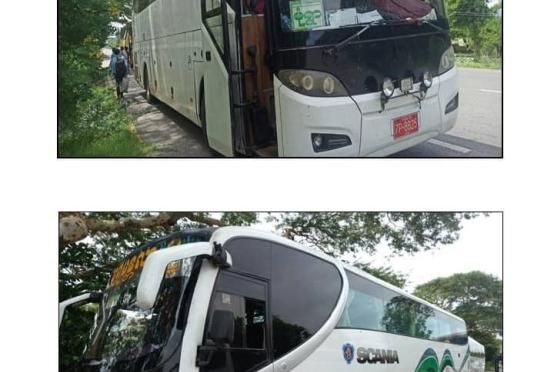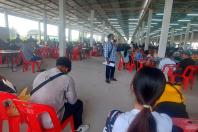Lower House MP Thaung Aye from the opposition Union Solidarity and Development Party called for decision seeking of the Constitutional Tribunal Court formed under the Constitution if the parliament refused to accept the fact that the proposal to form the joint charter amendment committee was not in accord with the law, at the session of Union Parliament on February 5.
In the Union Parliament on February 5, the MPs held a debate on the urgent proposal submitted by Upper House MP Aung Kyi Nyunt from Magway Region Constituency 4, urging the Union Parliament to form the joint charter amendment committee.
He and some MPs pointed out that MP Aung Kyi Nyunt’s proposal went against the Constitution, the Union Parliament Law and bylaws.
Thaung Aye said he doesn’t oppose the charter amendment. He agreed to the amendment of some points for the interest of national interest at the suitable time. But it should be in conformity with the law. Union Parliament on its part needs to be aware of the only fact whether or not it is in accord with the law. It will be the best way for the government which has prioritized the national reconciliation to make the charter amendment in accord with the laws, through cooperation and negotiation with all parties concerned.
“According to the rules, the urgent proposal must be linked to the current matter. The Constitution emerged in 2008. It is evident that the charter amendment is not a current matter as the ruling party has been trying every possible ways to amend the charter since then,” he point out.
Bylaw 66(a) (iii) of the Union Parliament Law says: “The parliament speaker shall allow the submission and discussion of an urgent proposal if it must be the matter that cannot be discussed by the ordinary mean.” The party which has the majority seat can submit the proposal or discuss it by other means at any time. It is not in accord with the law as we have already had the laws and means for the charter amendment. Section 62 (a) of the bylaws says: “The speaker cannot allow the whole proposal or a part of the proposal if it is not in conformity with these sections, he continued.















